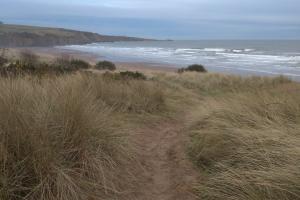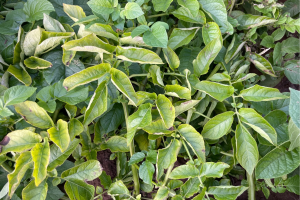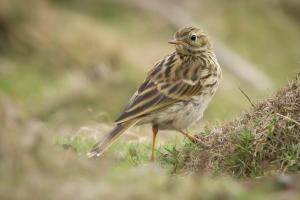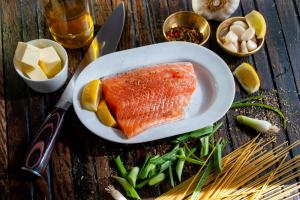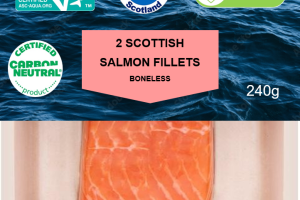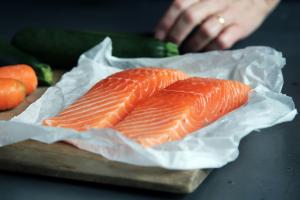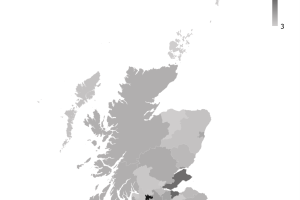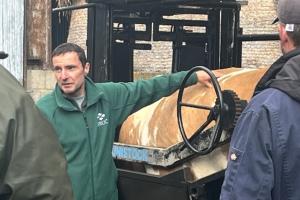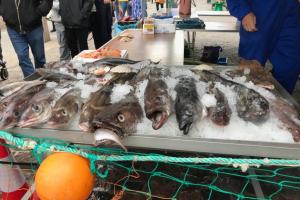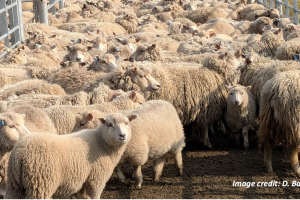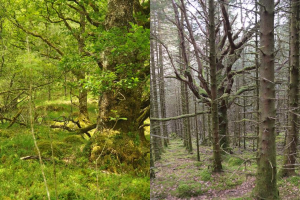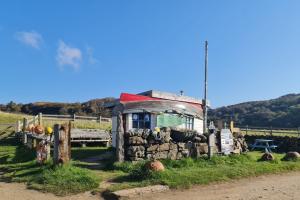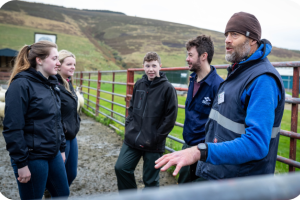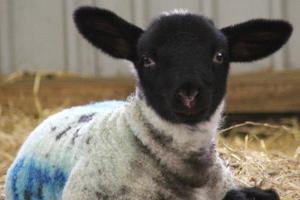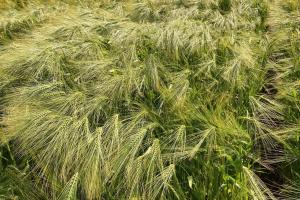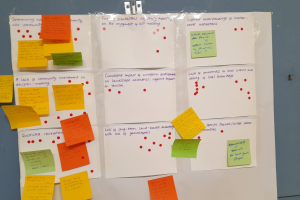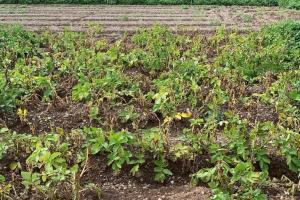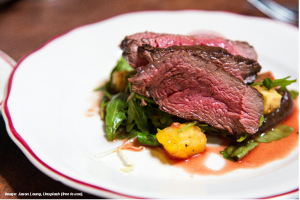11 Jun 2025
Bridging the Gaps: Source-to-Sea Research for Scotland’s Environmental Future
We explored how source-to-sea (S2S) thinking can strengthen research collaborations and innovation across Scotland.
28 May 2025
Save our tatties! New approaches for virus control in Scottish potato crops.
Potato is the second most important food crop in the UK, and the underpinning seed potato industry contributes >£1 billion to Scotland’s economy. Aphid-vectored viruses threaten potato harvests because infected crops are downgraded or destroyed.
26 May 2025
Enhancing efficiency in vertical farming: a focus on crop improvement
Fluctuating environmental conditions severely impact Scottish crop production affecting crop yields, nutritional quality and food security.
29 Apr 2025
Vegetation structure affects the territory size of meadow pipits
Our ongoing project at Glen Finglas has shown how sensitive biodiversity is to changing upland management. To maintain consistency, we have used the same monitoring methods since the beginning of the project.
24 Apr 2025
An analysis of Scottish Salmon’s price premium
It has been reported that the UK exiting of the European Union (Brexit) has affected salmon industry. Both the volume and value of salmon exported to the EU, which still is the main market for Scottish Salmon, have been impacted.
22 Apr 2025
Adding value to Scottish salmon: role of ecolabels and nutritional claims
The eco-labels "Farmed Responsibly ASC Certified" and "Certified Carbon Neutral" can potentially enhance the desirability of Scottish salmon among UK consumers. Additionally, labelling Scottish salmon as “High in Omega-3” could further increase its value.
18 Apr 2025
Adding value to Scottish salmon – what’s in a name?
Farmed salmon is one of Scotland’s main exports, benefitting the national economy and local communities.
16 Apr 2025
Food support outlets in Scotland: their distribution and activities
In Scotland, about 11% of households experienced low food security (reporting reduced quality, variety, or desirability of diet) or
14 Apr 2025
Through the Lens of Psychology: How Can Psychology Theory Help Us Improve the Way We Communicate Animal Health & Welfare Messages?
There are clearly a range of ways that animal health and welfare researchers and policy makers can draw from psychology to improve the ways in which they communicate and/or elicit positive behaviour change in their target audiences.
9 Apr 2025
Mapping of UK seafood supply reveals mismatch between production and consumption, and large nutrient losses through exports.
Transforming our diets to build a more sustainable food system is paramount to achieving net zero. Here, we provide a high-resolution perspective on United Kingdom (UK) seafood supplies and nutrient flows at species level.
19 Feb 2025
Science in Shetland: A Fast-Paced Week of Hands-on Learning and Knowledge Exchange about Disease Control
The Shetland Islands are some of the most remote Islands of the UK. Therefore, opportunities for hands-on STEM science and knowledge exchange of cutting-edge research can be challenging due to distance, weather and cost.
14 Feb 2025
Atlantic oak woodland functional biodiversity and restoration of PAWS
Scottish Atlantic oak woods or temperate rainforest are rare and threatened habitats that support a vast array of biodiversity, particularly lichens and bryophytes.
20 Jan 2025
Community Wealth Building: Policy, Practice and Case studies
Community Wealth Building (CWB) is a people-centred approach to local economic development, which redirects wealth back into the local economy, and places control and benefits into the hands of local people.
19 Dec 2024
What can we learn from AKIS policies in Europe?
Over the past decade, the European Commission has invested in a series of measures designed to support innovation in agriculture through networking all those involved in Agricultural Knowledge and Innovation System (AKIS): farmers, advisors, supply chain members, NGOs and researchers.
6 Dec 2024
Monitoring castration and tail docking of lambs
Castration and tail docking of lambs are commonly performed management procedures in sheep farming. These interventions aim to prevent unwanted pregnancies caused by young rams that reach puberty, and to minimise risk of blowfly strike and maggot infestation of the breech, respectively.
3 Dec 2024
Refreshing crop genetic biodiversity
Genetic biodiversity is the fuel that drives crop improvement. However, in major cereal crops, while the traditional method of crop improvement has brought significant yield improvements over time, it has also resulted in a drastic loss of crop genetic biodiversity.
24 Oct 2024
Assessing Scotland’s self-sufficiency of major food commodities
Achieving food security has gained prominence in the present policy agenda to increase resilience to adverse events. Using a novel method, we estimated the food balance sheets of Scotland, and assessed the self-sufficiency of major food commodities for the first time.
30 Sep 2024
Developing Dialogues on Land Use Decision Making for Natural Capital
Spurred in part by Scottish government policies such as the commitment to reach Net Zero by 2045, there has been an increase in investment in land for natural capital purposes in Scotland.
23 Aug 2024
Exploiting plant pathogen biology for future disease control
Agriculture faces many challenges, including a warming climate, more frequent occurrence of extreme climate events and increased incidence and severity of crop diseases.
13 Jun 2024
Foodborne toxoplasmosis: a study of retail meat
Toxoplasma gondii is a parasite that impacts human and animal health worldwide. Infection in humans is usually very mild, however, there can be severe or life-threatening disease in immune compromised people or pregnant women.
